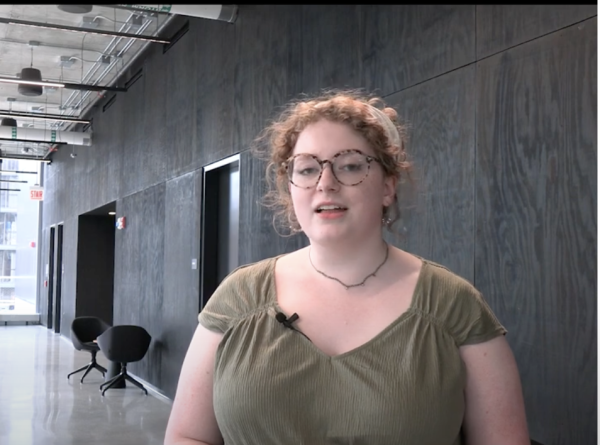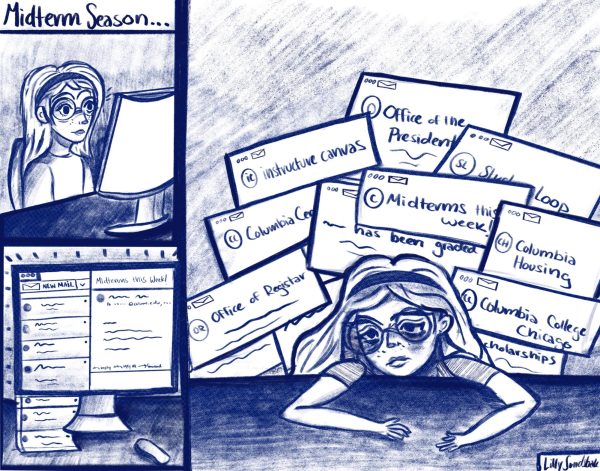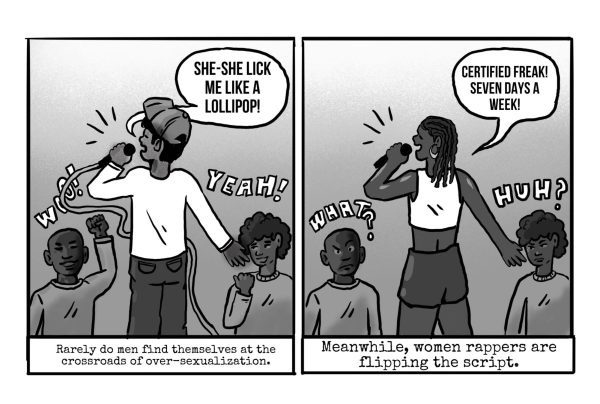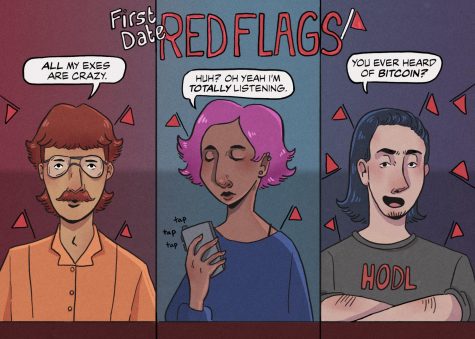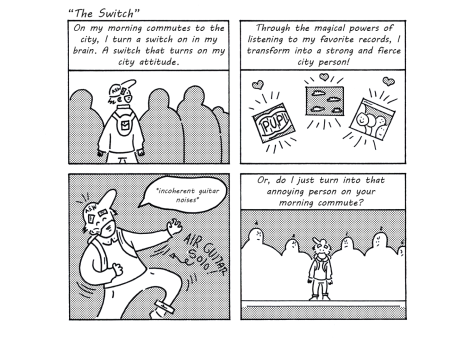New cheating policy will preserve integrity
March 2, 2009
Following concerns from faculty and administration over academic dishonesty, the current academic honesty policy will get a much-needed clarification with a step in the right direction to promoting academic integrity at Columbia and lessening the motivation for students to want to cheat.
Though it is still in draft form and would not be enacted until fall 2009, the academic honesty policy will be revamped to better suit the needs of instructors in their classes and provide training to rework curriculums, lessening the motivation for students to violate their end of the bargain. Consequences of the policy for violators will also be more defined, and faculty will work with the Center for Teaching Excellence at Columbia to restructure their curriculum to create assignments that will prevent students from any form of cheating.
For too long, the focus of academic integrity has been on punishment and consequences for those who cheat. Though fear can often be a great motivator for students, in the arena of academic honesty, it hasn’t worked. Students will always stay one step ahead of the rules to avoid punishment, whether it be exploring new outlets on the Internet to obtain pre-written works or collaborating with other students to lessen the workload. The administration must begin at the root of the problem: Where does the motivation to cheat actually come from?
Many students have considered cheating at some point, and those who have gone through with it have done so typically for assignments they don’t care for, and almost always out of desperation and stress.
Workloads from several classes can be overwhelming, and as classes in one’s major often take precedence over LAS courses, this is where cheating is most rampant—or at the least the motivation to cheat.
The new policy must create a “common understanding” of academic honesty throughout the college, as it says it would, and this goes two-fold for instructors. Along with clarifying the punishments for students who cheat, the policy must ensure that all instructors will follow through with procedures to address academic dishonesty.
The new policy is on the right track to addressing the problem, instead of simply issuing threats. But for it to be effective, everyone must get on board.







